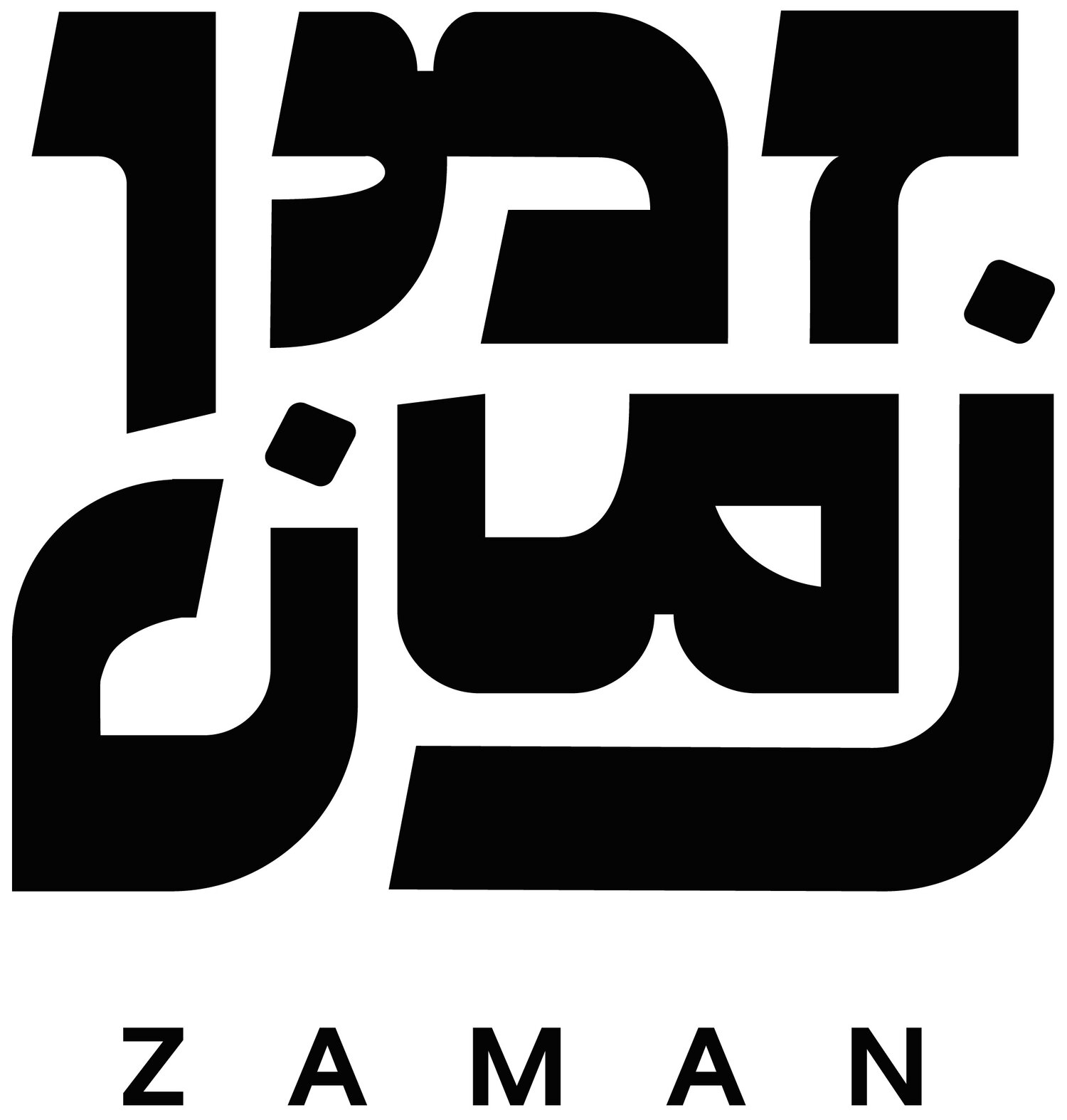Chloé Pourmorady on “finding meaning” in her heritage as a Persian Jewish musician
Chloé Poumorady’s music is a symphonic blend of traditional Persian and Sephardic Jewish harmonies, tinged with the lightness of folk melodies from across the globe. Now leading a six-musician ensemble, the classically-trained violinist and vocalist counts Medieval Ladino poetry, the Book of Genesis, and Béla Bartok among her influences, tapping into a diverse array of musical traditions to compose original work.
Pourmorady’s debut album, Begin Majesty, opens with the first few words of the Torah and culminates in a Requiem that acts as a cry for awakening and peace. Her ability to eloquently combine age-old and current approaches to musical composition won the record the title of Best Album at the 2019 Global Music Awards. The musician was also featured in the Jewish Journal’s 30 Under 30 series in 2017 and is continually involved in arts initiatives established by Jewish organizations in Los Angeles.
ZAMAN contributor Joshua Taban met with her in July to discuss her background, process, and goals as a musician.
As a college student, Pourmorady developed an interest in ethnomusicology, beginning her study of the commonalities and disparities between traditional music in Iberia, Eastern Europe, and southwestern Asia. In retrospect, she sees this period of learning as vital to her current practice, “because without it, I would have never appreciated or understood my own culture’s music in the way that I do,” she said.
For Pourmorady, composition is a process that not only demands an understanding of what she resonates with as an individual - but what sounds have the potential to connect with people’s emotions on a more universal scale. She believes that drawing upon a wider breadth of musical traditions creates greater potential for her songs to compel listeners, irrespective of differences in personal background. “When I am in front of an audience, I see [music] as a contribution to them,” Pourmorady explained. “I realized I have to be ‘generous’ as a composer; You may connect to the sound of the tar (an Iranian string instrument), while someone else might connect to the percussion.” She views her culturally pluralistic approach to composition as a means of achieving this end.
The Chloé Pourmorady Ensemble’s sound has a recognizable air of fluidity to it; one that the vocalist herself likened to “the swaying of olive tree branches.” She attributes this melodic sense of “flow” specifically to the culture of Persian Jews, on the grounds of their historic exposure to mystical Sufi poetry and the relative absence of religious boundaries (i.e. formal Jewish denominations) within communities in Iran. This understanding of Persian Jewish culture percolates into her process as a composer, resulting in performances rich with sweeping instrumentals, swaying rhythms, and lyrical melodies.
Ultimately, Pourmorady’s commitment to deepening her understanding of Persian and Sephardic music stems from her outlook on life from a uniquely Jewish perspective. “I see being a Jew as a celebration, as being a lover of life,” she said, describing Judaism itself as “a melodic tradition.”
“Within my community, I hope to reinvigorate that tradition so that people can find meaning in the beautiful and rich culture we come from.”
Chloé Pourmorady is the lead vocalist and violinist of the Chloé Pourmorady Ensemble, based in Los Angeles. She graduated from Loyola Marymount University with a bachelor’s degree in Music Studies.
